Hurricane Information
Water Supply System Severe Storm Preparation
Preparation
We would like to remind you of some precautions to take if when boil water advisories are posted. In general, community members should be prepared for possible power outages, communication problems, transportation difficulties and physical damage from flooding or falling debris.
The following are activities that you should consider in advance of a storm/hurricane striking:
When Boil Water Advisories May Be Needed:
If any of the above conditions occur, the owner/operator should issue a boil water advisory stating that the water used for cooking or drinking should be boiled for one minute. Please contact the Water Supply Program at (410) 537-3706 or after work hours at (866) 633-4686 to let us know, however, if needed, the system should not wait to talk to MDE prior to issuing the boil water advisory.
If power supply has been interrupted
If water system is flooded or evacuation is needed
Preparation
We would like to remind you of some precautions to take if when boil water advisories are posted. In general, community members should be prepared for possible power outages, communication problems, transportation difficulties and physical damage from flooding or falling debris.
The following are activities that you should consider in advance of a storm/hurricane striking:
- Review/update emergency response plan
- Have emergency phone numbers for laboratories, utilities, water system repair contractors and suppliers of equipment, well pumps and chemicals.
- Prepare for public notice in the event of water system contamination, outage or shortage.
- Review distribution valve locations, so that leaking or damaged portions of the distribution system may be valved-off. Test emergency interconnections, if available.
- Contact your power provider and request that as a water supplier that you be placed on their priority customer list. Obtain contact names and phone numbers to call in the event of an outage.
- Secure all facilities and remove nearby objects that, if airborne, could damage facilities.
- In a safe location, stockpile chemicals, particularly chlorine.
- Maintain adequate chlorine residual throughout the distribution system. A free chlorine residual of 0.5 to 1.0 mg/l is recommended.
- Keep storage tanks full.
- If possible, flood proof key water treatment and distribution components.
- Prepare instructions for water conservation in the event that your sources become inoperable.
- If applicable, review generator operation, spare parts and ensure that fuel tanks are full.
When Boil Water Advisories May Be Needed:
- Following a major outage or negative distribution pressure event or in general when water quality could be compromised.
- If wells are flooded or it is suspected that surface water has entered the wells or finished water.
- For surface water systems - when turbidity exceeds 1 NTU, or if chlorine residual falls under 0.2 mg/l leaving the plant, or if a failure of a key unit treatment process occurs.
- If a major outage or negative pressure occurs.
If any of the above conditions occur, the owner/operator should issue a boil water advisory stating that the water used for cooking or drinking should be boiled for one minute. Please contact the Water Supply Program at (410) 537-3706 or after work hours at (866) 633-4686 to let us know, however, if needed, the system should not wait to talk to MDE prior to issuing the boil water advisory.
If power supply has been interrupted
- Contact your power company and identify yourself as a water system and request priority service
- Issue notice to your customers to conserve water
- If it appears that your storage will be depleted before power is restored, consider isolating your storage tank, so customers will have a location to obtain water during the outage.
If water system is flooded or evacuation is needed
- Shut down system (wells pumps etc.).
- If possible, prior to evacuation, relocate or protect key components from flooding (motors, feed pumps, chemicals).

